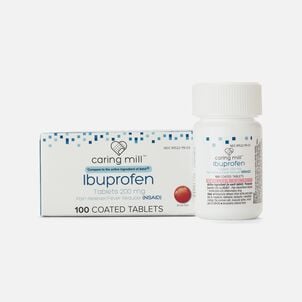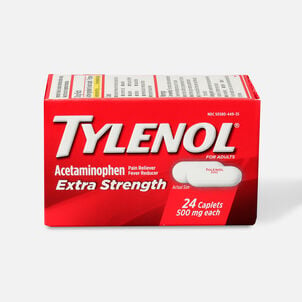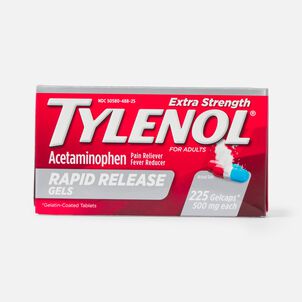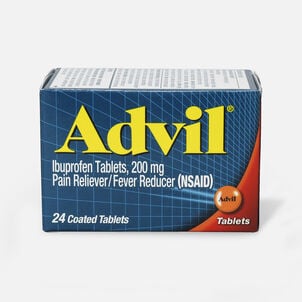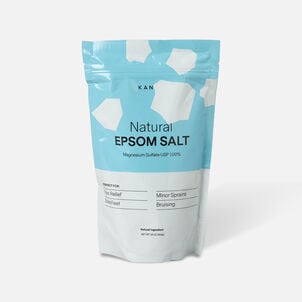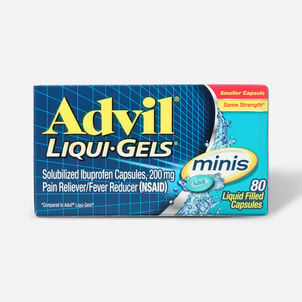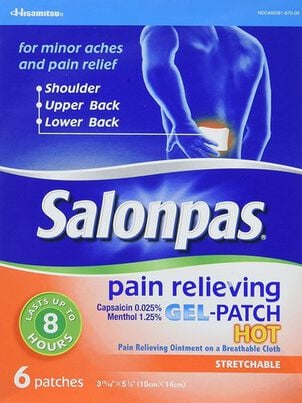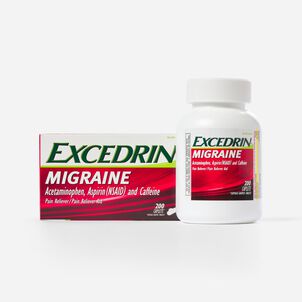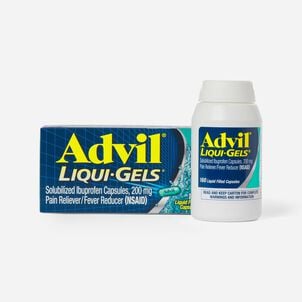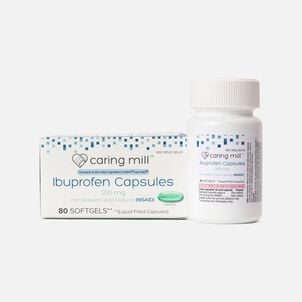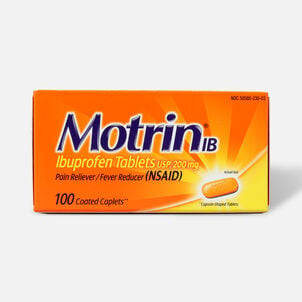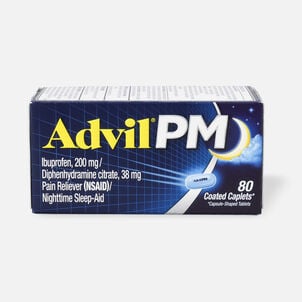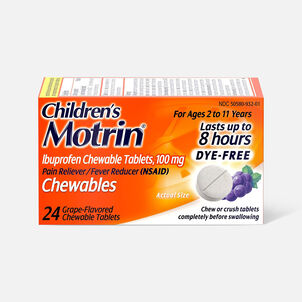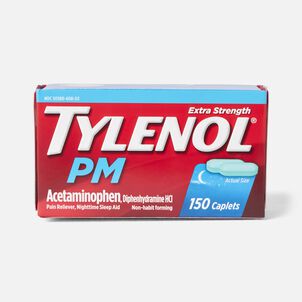The Complete HSA Eligibility List
Here it is — the most-comprehensive eligibility list available on the web. From A to Z, items and services deemed eligible for tax-free spending with your Flexible Spending Account (FSA), Health Savings Account (HSA), Health Reimbursement Arrangement (HRA) and more will be here, complete with details and requirements. Important Reminder: HSAs, FSAs, HRAs and other account types listed may not all be the same. Be sure to check with your administrator to confirm if something is eligible before making a purchase.
Here it is — the most-comprehensive eligibility list available on the web. From A to Z, items and services deemed eligible for tax-free spending with your Flexible Spending Account (FSA), Health Savings Account (HSA), Health Reimbursement Arrangement (HRA) and more will be here, complete with details and requirements. Important Reminder: FSAs, HRAs and other account types listed may not all be the same. Be sure to check with your administrator to confirm if something is eligible before making a purchase.
Aspirin: HSA Eligibility
Aspirin: eligible with a Health Savings Account (HSA)HSA Eligible Pain Relief
What is aspirin?
Arthritis is one of the most popular OTC pain relievers worldwide, and it plays a major role in alleviating minor aches and pains, headaches, toothaches, pain from injuries and much more. Aspirin is classified as a non-steroid anti-inflammatory drug, or NSAID, which are used to decrease inflammation and the body's immune response to pain, illness or injury, especially for conditions like arthritis.
Aspirin has many other uses outside of pain relief and reducing inflammation, such as preventing blood clots, reducing the risk of stroke or heart attack, and acting as a fever reducer and as a blood thinner. While aspirin is typically used to alleviate localized pain and immediate injuries, if an individual is recovering from a heart attack or stroke, a daily aspirin regimen may be suggested by a doctor. Aspirin interferes with the blood's clotting action that can block arteries or be a catalyst for strokes, which can dramatically reduce an individual's risk of future complications from past heart or circulation issues (WebMD).
What is the history of aspirin?
Aspirin's history of providing pain relief spans thousands of years, as today's medications are synthetic derivatives of a substance found in nature, salicylic acid. This substance is found in many natural sources, but it's first medical use is typically tied to the father of modern medicine, Hippocrates, who administered willow leaf tea (which contained the natural compound which aspirin is derived from) to women to ease the pain of childbirth. Additionally, dried willow bark was used as a pain reliever dating back as far to the Ancient Egyptians, so its role as in medicine was established in thousands of years of medical practice.
Today's modern form of aspirin is the result of a series of major medical discoveries beginning in 1828 when the German professor Johann Buchner of pharmaceuticals extracted the active ingredient from willow, which created small yellow crystals he named salicin. During the first rigorous clinical trials in 1876, it was found that salicin had both fever-reducing and anti-inflammatory properties. By 1898, German chemist Felix Hoffman, a chemist working for the pharmaceutical company, Bayer, added an acetyl group to the structure of salicylic acid to create Acetylsalicyclic acid, the active ingredient in aspirin which Bayer quickly patented (CNN).


